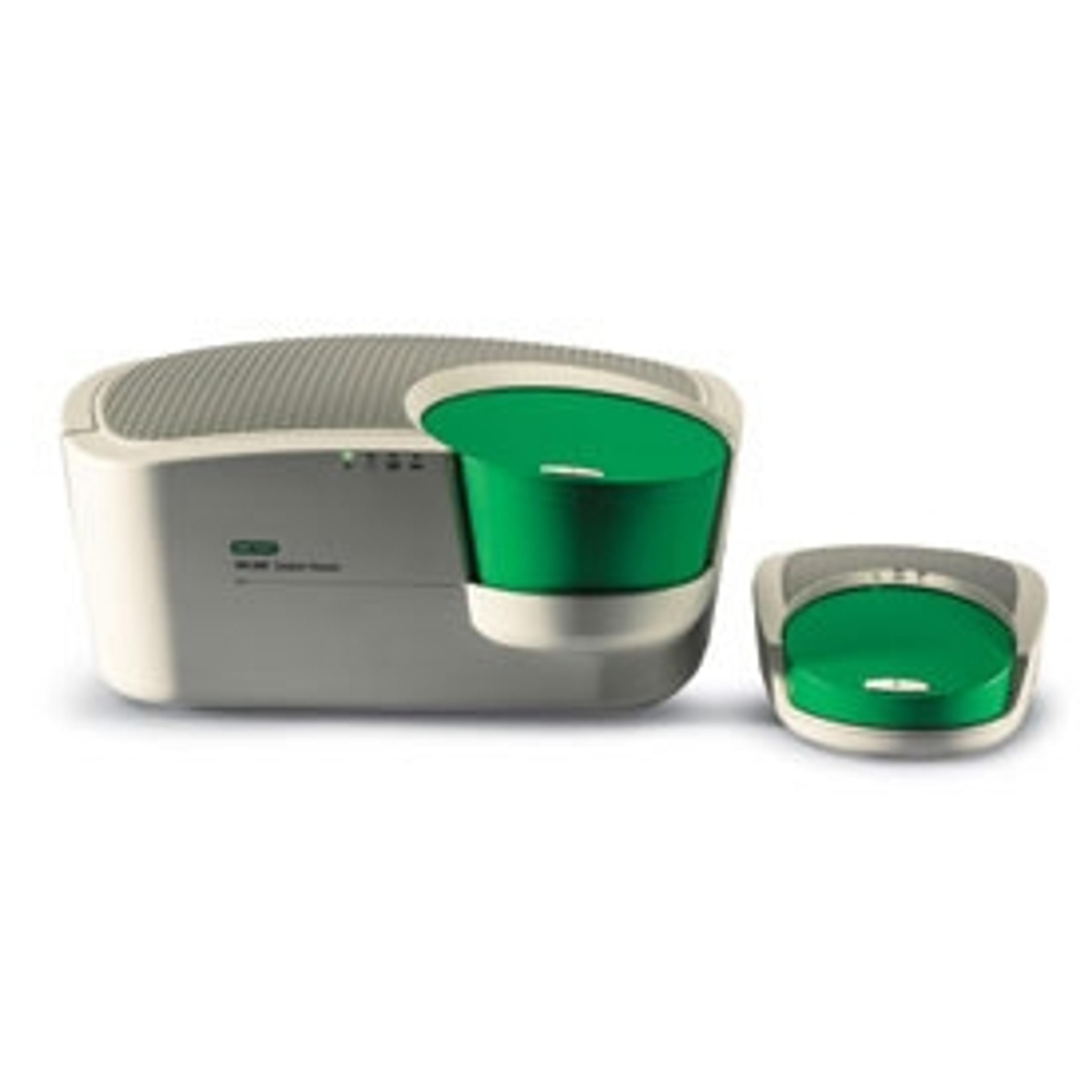Novel Melanoma Biomarker Identified from Liquid Biopsies Using Digital PCR
Learn about the cutting-edge technology advancing cancer research
7 Jan 2017
David Polsky, MD, PhD, Professor of Dermatologic Oncology at the New York University School of Medicine told SelectScience® about his recently published cancer research. This work used droplet digital PCR (ddPCR) technology to identify blood-based biomarkers of melanoma that could enhance both diagnosis and monitoring of disease progression.

New research used droplet digital PCR (ddPCR) technology to investigate blood based cancer biomarkers. Image: Wavebreakmedia/Shutterstock
Prof Polsky’s interests are focused on melanoma, both in the clinical and research settings. His work has aimed to develop tools for identification of blood based biomarkers, that can be used to identify high risk patients, monitor disease progression or assess treatment effects. Prof Polsky’s group recently reported that circulating, cell-free tumor DNA (ctDNA) could be a sensitive biomarker for metastatic melanoma. The ability to monitor ctDNA as a biomarker is a promising area of cancer research and is particularly advantageous in cases where the physical tumor cannot be biopsied.
Cell-free tumor DNA as a sensitive biomarker for metastatic melanoma
Prof Polsky’s group tested the hypothesis that cell-free tumor DNA (ctDNA) would be sensitive biomarkers of disease activity. The pilot study assessed metastatic melanoma patients and made three major discoveries. The levels of ctDNA were elevated in both patients at the initiation of systemic treatment and in patients with disease progression resistant to treatment. Furthermore, ctDNA was shown to be a far more sensitive marker than those currently used for testing. Prof Polsky explains, “this strongly suggests that we may be able to develop new, blood-based biomarkers of melanoma disease activity that are more clinically useful than the standard test.” A more sensitive test could aid earlier detection and enable more effective therapies to be administered sooner but this would need to be confirmed by a larger clinical trial.
Utility of liquid biopsies & ddPCR in cancer research
These findings were made possible via ddPCR technology, using BioRad’s QX100 Droplet Digital PCR System, as Prof Polsky states, “In preliminary work we compared this technique to other more conventional approaches and found it superior in sensitivity and quantitation.” The high sensitivity and precision of ddPCR makes it particularly useful for detecting the very small quantities of mutated DNA in the relatively large volumes of plasma obtained from liquid biopsies. The sample is partitioned into nano-liter sized droplets and target amplification is performed within each droplet, using specific primers and fluorescently labelled probes. Fluorescent droplets are scored as positive for the target sequence, whilst droplets lacking fluorescence are scored as negative, which provides an absolute quantification of target DNA within the sample. This research was also reliant on the clinical resources of the NYU Melanoma Biorepository Research Program, which enabled the collection of patient data and blood samples. The development of liquid biopsy assays has many potential applications for accelerating cancer research, such as monitoring treatment response and resistance in patients, identification of mutations for targeted therapy and even the detection of mutations that are specific to treatment resistance cases.
Future perspectives
The major challenges for using ctDNA as a biomarker of tumors is the very low quantities available for assay and that DNA mutations are not consistent between different cancers and tumors, which necessitates the development of many different assays. With the aid of ddPCR technology, Prof Polsky aims to develop this and additional blood-based marker assays for use in clinical trials and ultimately for the improvement of cancer patient care.
Read the full article (Chang et al., 2016, Molecular Oncology, Vol 10, p157-165) to learn more about this breakthrough in cancer biomarker research. Find out more about ddPCR in this video or watch our interview with Professor Polsky below.


